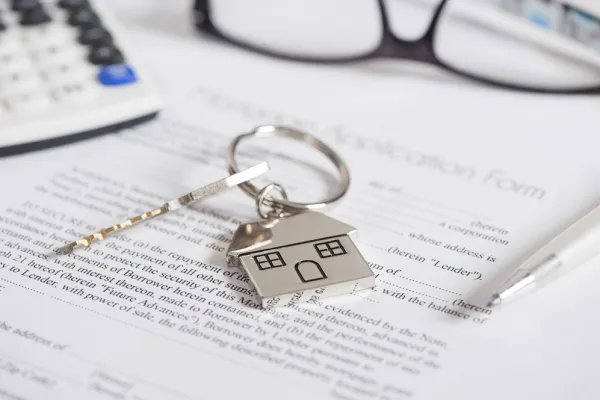There are several types of property ownership in the United Kingdom.
One of these is known as commonhold.
Read on to find out more about what it is and how it works.
What is commonhold?
A commonhold is when you own part of a multi-occupancy building.
You will have shared freehold ownership and responsibility for the common areas (often referred to as common parts in legal documents), such as:
- Hallways
- Lift
- Stairway
- Garden.
And more.
You will be a commonhold owner with several other people in the building. Everyone must work together to make things run smoothly.
Commonhold vs share of freehold
Commonhold is similar to share of freehold. Both involve shared ownership of property, but share of freehold owners have more control than commonhold owners.
Commonhold owners are typically responsible just for their particular part of property and must abide by commonhold association rules.
By contrast, share of freehold owners have a degree of control over the rest of the property and the decision-making process behind how rules are set.
Commonhold Community Statement
The terms of the commonhold will be outlined in a Commonhold Community Statement.
This states the rights and responsibilities of everyone involved, along with what happens in a dispute. You need to register this document with the land registry.
You’ll need to collectively decide on the budget for:
- Repairs
- Management
- Maintenance of common parts
- Insurance.
The unit holders don’t have to handle the day-to-day operations if they don’t want to.
You can hire a managing agent to take care of this (for a fee).
What is a commonhold association?
A commonhold association is a type of company. Each unit holder can become a director of the company.
They then own the freehold of a commonhold’s ‘common parts’ through this organisation.
People can step down from the commonhold association if they sell their property. A new person can then be appointed once they move in.
You can appoint external experts as directors of the commonhold association, if you wish. Each commonhold association must have at least two directors.
How many houses are commonhold in the UK?
As of last year, there are 184 properties registered as ‘commonhold’ within England and Wales.
This is less than 0.01% of the total number of properties in the same area.
Advantages of commonhold
You can avoid ground rent when you own a property as a commonhold. This is because you own the freehold for the shared areas.
You also have more control in the decision-making process. Everyone in the commonhold can come together to decide what’s best for them.
You don’t need to carry out lease extensions on a commonhold property because you own the land indefinitely until you pass it on.
Disadvantages of commonhold
Many major mortgage lenders in the UK are reluctant to lend money on commonhold. This is because they are seen as high-risk.
This is due to the small number of commonhold properties in the UK.
Disputes can come up between the different commonhold members. If your commonhold association only has two directors, this can put you at a stalemate.
You’ll need to navigate these relationships and try to work well with the other people involved.
There are costs involved with commonhold ownership, too. If you want to convert a leasehold property into commonhold then it’s expensive.
Are commonhold properties more valuable?
It depends on the situation. Commonhold properties don’t have a lease that will eventually expire. This makes them more desirable.
Yet commonholds are extremely rare and many banks won’t lend on them. This makes them undesirable.
You should look into the specific circumstances and ask a property expert for more guidance.
It’s difficult to gain reliable data on how commonhold affects value when there are so few of these property types in the UK.
Should I buy a commonhold property?
Before you buy a commonhold property, you should confirm several details.
1. Checks on commonhold association
Firstly, ensure the commonhold association is registered with the land registry. Its history and double-check that at least two directors have been appointed.
2. Checks on commonhold community statement
You should then look at the commonhold community statement. It’s essential that you feel comfortable with these rules.
You’ll have to assess your rights and responsibilities and decide whether to get involved.
3. Checks on your predecessor
It’s crucial then that you find out more about the person whose place you are taking.
Were they a director in the commonhold association? And are they leaving any arrears (non-payments) that need to be made up by you?
4. Checks on government legislation
You should check the latest government legislation surrounding commonhold at the time you make the decision.
New laws could be introduced any day now, as it’s a hot topic in the UK. Double check whether the goalposts have moved.
5. Speak to an expert
If you’re in doubt, speak to an independent property expert. They can look at the situation and give you expert advice. You mustn’t rush into this decision.
















